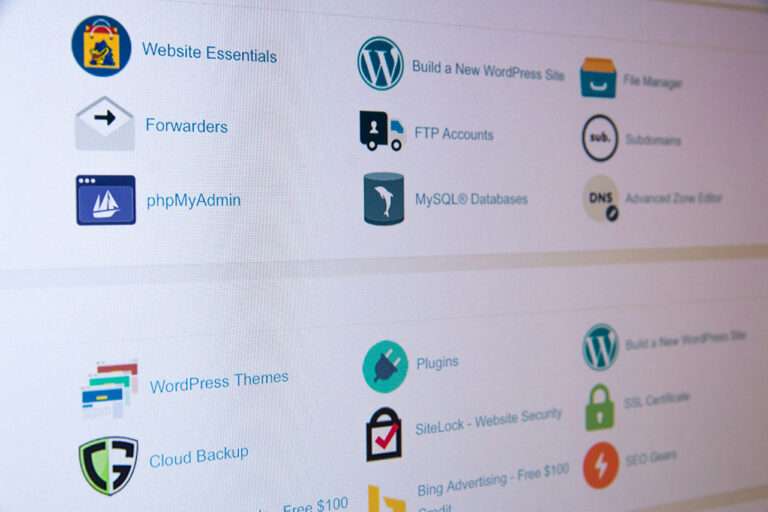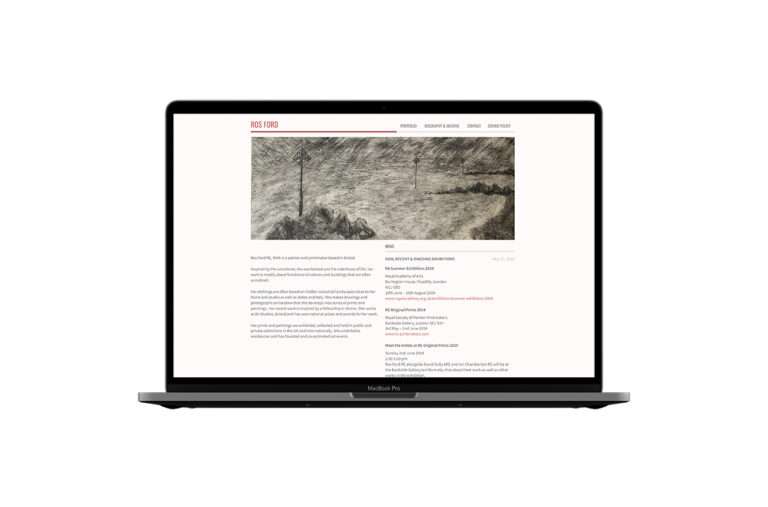As issues surrounding the Facebook privacy leaks are still all up in the air, many changes that were set to be implemented in the near future have taken a higher priority and been made sooner than originally planned.
Instagram originally announced earlier this year that they will be introducing a new graph API and retire the old one on July 31, 2018, however, last week Facebook and Instagram decided to put these changes into effect immediately, by shutting down their current public API in order to protect user’s data and privacy. These changes were abrupt and unexpected by many companies who currently use it, causing many apps and software to suddenly stop working properly.
So, what can this mean for you?
If you use apps that are connected to Instagram, you will (or may have already) noticed some changes, or worse, they may not be working at all. This is because of the new APIs being much more restrictive.
Instagram has disabled the use of bots – If you used them to follow/unfollow or like posts for you they will no longer work. This may result in slightly lower engagement but overall provide more organic, “real†followers. Apps that were also used to analyse followers, will no longer work.
Instagram have suggested the speedy changes are down to the public pressure of privacy issues in an announcement on April 4th, where they said, “To continuously improve Instagram users’ privacy and security, we are accelerating the deprecation of Instagram API Platform.â€
The restriction of data access on Facebook will be even tighter and implemented over the coming months. Some of these major changes have already been revealed in a blog post on Facebooks newsroom.
- The events, groups and pages API will all be restricted to disable the use of third-party apps from accessing information from within these categories including guest lists, members, posts and group content.
- The Facebook log-in process is also being tightened in how all apps that request personal information will need to be approved by Facebook first and no longer be able to receive information such as religious or political views, relationship status and details, education and work history etc.
- No longer can you use email addresses and mobile phone numbers in the search bar to find a specific person’s profile, this is because companies were able to gather public profile information from the information they already had from search and account recovery.
- Data providers and partner categories will be shut down – this is a product that lets third-party data providers offer their targeting directly on Facebook.
- Facebook is prioritising a link at the top of the new feed to show users which apps they use, the information they share with them and the ability to remove any unwanted apps they have associated with their Facebook.
Facebook believes that the total number of users whose information was shared with Cambridge Analytica totals, up to 87 million people, mostly from the US, but they plan to contact each person whose personal information was retained.


